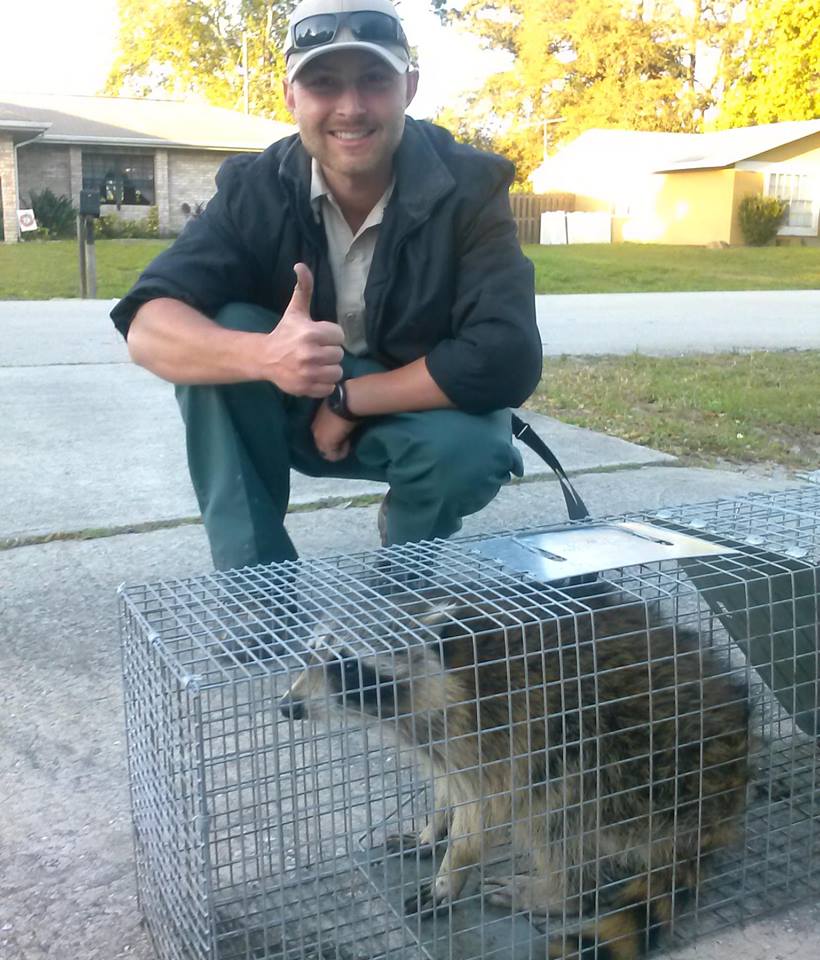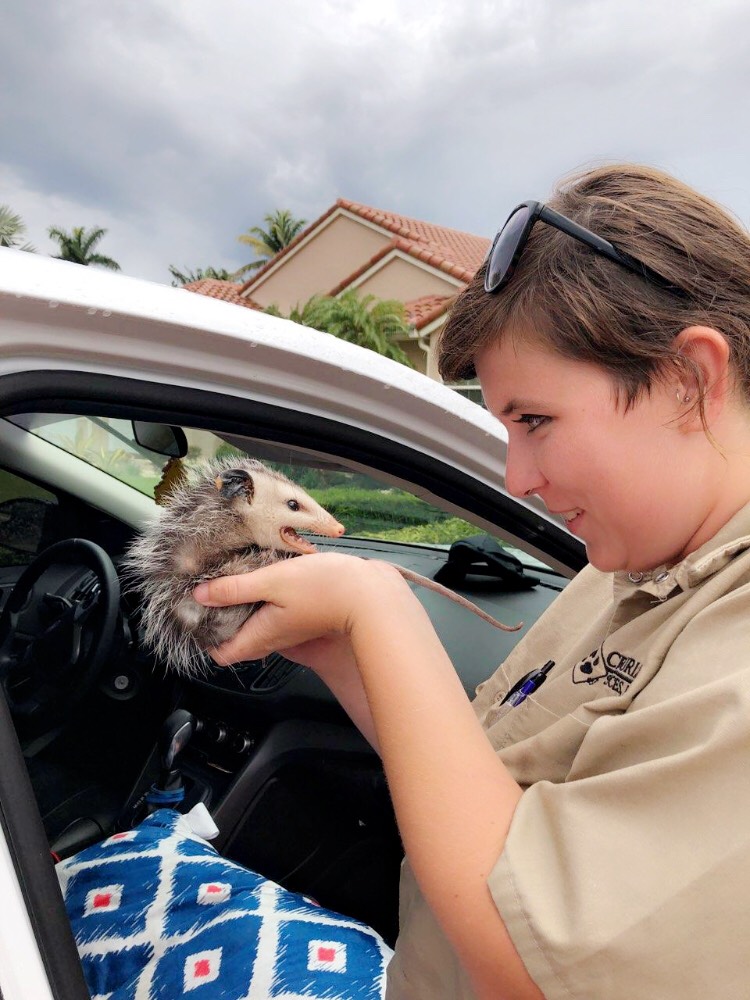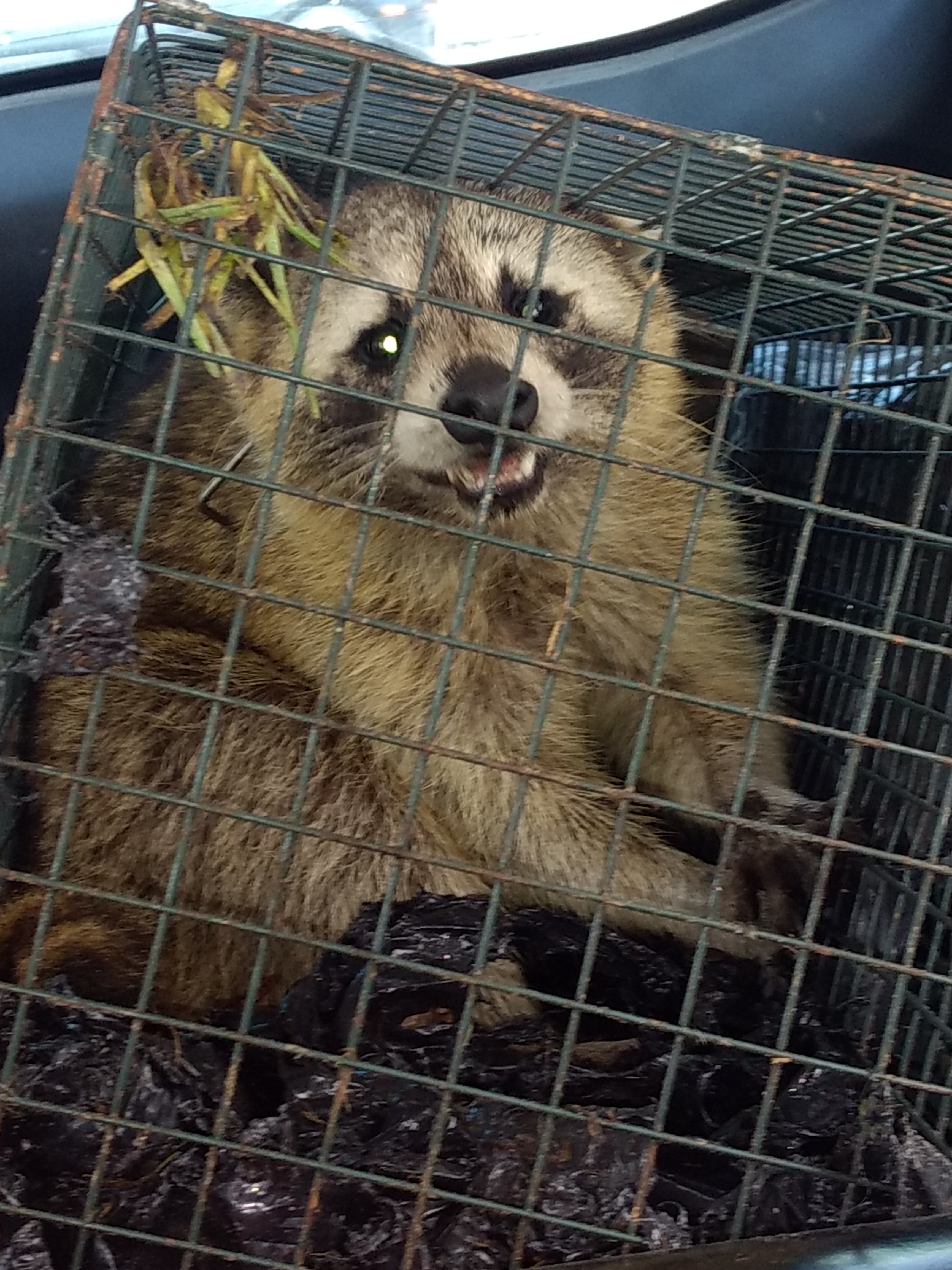
The most common complaints include the following: Terrible odor inside home, terrible odor outside home, presence of swarms of flies, concern over health risks, stains on wall or ceiling.
For all these reasons, lots of folks desire to have dead carcasses removed, and the place deodorized or decontaminated. CONCERNS: the principal issue with dead animals, naturally, is the odor. When an animal dies in the house, it will naturally begin to decay. As it does, it gives off organic chemical odorant molecules that we detect with our olfactory sense. The odor may be minor at first, but about three days after the death of the creature, the odor can be very strong. The strength of the odor is dependent upon several variables:
Size of Animal: A bigger animal means more decaying flesh, meaning a stronger odor.

Size of Animal: A bigger animal means more decaying flesh, meaning a stronger odor. Animal Species: Different creatures actually have distinct odors as they decay. Rats are particularly filthy. Location of Carcass: That is a big deal. If it dies down a centrally situated wall in a place with poor ventilation, it’s going to be a strong smell. If it dies at the edge of the attic close to a ventilated soffit, it won’t be so bad. Condition of Decomposition: Initially the odor is weak, then it develops, then as maggots consume the carcass and the biomass decreases, the odor slowly reduces. The odor life cycle varies, depending on how big the creature. What's more, the dispersal of odor molecules is stronger at higher temperatures. Air Flow: That is a big deal. Sometimes with a dead creature, people say,"I smell it more powerful in the morning" or any particular time. If the dead animal is in the attic, perhaps as the attic cools at night, the odor molecules sink down to the house level, but while the attic warms up in the daytime, the stinky air rises up, and does not smell as strong from the home.
No matter the precise strength of the odor, most people can't tolerate the stench caused by a dead creature in the home. Read more about bad odor in house. It is simply very disagreeable, end of story. Dead animal removal can be easy, sometimes quite hard, and always dirty. In a simple case, a creature will die somewhere in plain view - like beneath a home, in plain sight in the attic, etc. However, the majority of the time, the creature dies in an unknown place - down a wall, in the ductwork, under the insulation, etc.. It's our job to discover and get rid of the dead animal, and clean up any residuals (juices, maggots, etc). Some jobs are incredibly hard - creatures will creep in the craziest regions - the gap below the tub, the gap between the chimney flu and the brick column, in between floors of a house, etc.. Wherever it is, you must find and eliminate it, and deodorize the region. Additionally, it is important to discover the cause of the problem - how did the creature get in? - and take preventative actions to stop the exact same thing from happening again.

Dead Animal In Attic: It is very common for the wildlife living in your attic to perish there. Why perish outside where it's wet and cold, when you can do it in the comfort of your own home? When an animal dies in the attic, the majority of the smell accumulates in the home. It can be challenging to find it up there, since it may be buried beneath the insulation. But persistence always pays off, and you’ll find the critter.
Dead Animal In Wall: Animals occasionally reside in walls or drop down a slick wall and are not able to crawl out. If you do not get them while they are alive and scratching, they expire at the base of the wall near the baseboards, or where there is a support beam. To find a dead animal from the wall, I sniff and sniff till I find the ideal place, then cut a hole to remove the carcass.
Dead Animal In Chimney: This isn't terribly common, but it does happen, especially if you've got a slick metallic chimney flue which the animals are not able to climb out of. If the creature is in the flue over the damper, it is no problem. If they are involving metal flues, then it's a significant issue. I sometimes get animals from the fireplace.
Dead Animal In Ducts: People always believe the dead animal is in the ductwork, but this is seldom true. It is just that people are confused by the airflow, which stirs up the terrible smell. It is not common for a critter to go into the AC system.
Dead Animal Beneath the Home : Yes, raccoons, opossums, and cats really like to stay under elevated homes, in the crawl space. They often die under there. As these are bigger animals, the odor can last several weeks, even up to 2 months, so I suggest that you hire somebody to crawl under there and remove the creature.
People ask me if I use special equipment to locate and eliminate the dead animals. Well, besides telescoping inspection mirrors and occasionally a fiber optic scope, and reciprocating saws to cut holes, not really. There's absolutely no special "odor detection machine" that I use to locate the deceased wildlife carcasses. My big, fancy instrument? My nose! Yes, I just sniff and sniff, like a puppy, right on each wall and ceiling, until I narrow down and discover the source of the odor. Sometimes it requires plenty of hard work and patience, and most importantly, persistence! I don't give up till I find the body. I have many years of experience, and I know animal behavior and building structure, and I have gotten very good at finding those dead creatures.
DEAD ANIMAL DISEASES: I am not an expert in this field. Oftentimes when I remove a dead animal, it is covered with parasites like fleas, mites, or ticks, and these organisms can carry and transmit disease. Perhaps there is some pathogen on the dead creature that's harmful. Certainly one shouldn't touch or take any part of a dead animal - there is a reason we believe stinky items are stinky - it is our body's way of saying "Don't touch. I have reason to think that a dead animal could pose a health risk in a house, and I wear full protection - gloves, HEPA gas mask, etc when dealing with dead animal carcasses.
I then mop up any juices or maggots, and spray on down the area with a distinctive biological cleaner that breaks down the biomass and stink molecules. All you've got to do is let your home air out. Open the windows as well, the odor goes away very quickly when the dead creature is gone.
Why did you get a dead animal in your home to start with? Since you had a live creature in there just a couple of days ago! You must address the issue of hearing the scratching and running noises in your attic or walls before it becomes an even larger problem of a terrible odor. In the majority of cases in which I eliminate dead animals, the homeowner dismissed a live creature issue. Some people do not do anything before the cables get chewed, or there is a bad odor or something really awful. When I remove a dead animal, I also learn how that animal got inside in the first place, and I seal these holes closed, so the issue doesn't occur again!